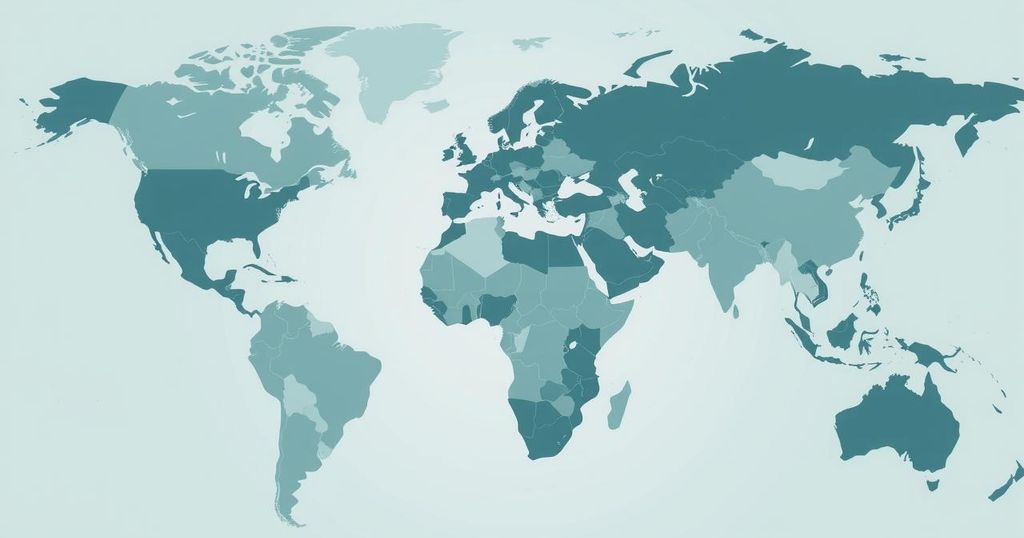Increasing Deportations from South Sudan Raise Humanitarian Concerns

The article discusses the rise of deportations from South Sudan, particularly affecting refugees and asylum seekers. It highlights the humanitarian crisis faced by deported individuals and urges a reevaluation of current immigration policies regarding South Sudan. Stakeholders are called upon to consider safer alternatives amidst an ongoing humanitarian emergency.
In a concerning development regarding immigration, the situation in South Sudan has been brought to the forefront as reports indicate an uptick in deportations. Various international organizations and human rights groups have raised alarms over these actions, emphasizing that many of those being deported are refugees or asylum seekers fleeing violence and instability in South Sudan. The humanitarian implications of such deportations are profound, as many individuals face an uncertain fate upon returning to a country that struggles with rampant conflict and poverty.
The South Sudanese government’s stance on deportations seems to be aligned with their efforts to manage immigration control, yet this move has sparked criticism among activists and officials alike. It raises questions regarding the country’s ability to provide for those returning and whether their safety can be ensured. Reports suggest that many deported individuals face, not only the trauma of displacement but also potential violence and persecution as they reintegrate into a post-conflict society.
In light of these developments, several NGOs are advocating for a reevaluation of deportation policies, arguing that international cooperation is vital to address the systemic issues causing mass migration. As certain countries proceed with deportations under the banner of immigration control, the ramifications of such decisions are markedly complex. Indeed, the humanitarian crisis stemming from South Sudan continues to press on those involved in policy decisions worldwide.
The ongoing situation presents a stark reminder of the intricacies surrounding immigration policies and their direct impact on vulnerable populations. Stakeholders are urged to consider the long-term effects these deportations will have and to explore alternative solutions that prioritize the safety and protection of individuals originating from conflict zones like South Sudan.
As discussions surrounding immigration enforcement become ever more heated, the potential risks for these deported individuals—who often have no safe haven to return to—must not be understated. Policy changes are urgently needed to address the desperate plight of South Sudan’s displaced population as global attention continues to focus on this pressing humanitarian issue.
In summary, the situation regarding immigration deportations from South Sudan has become increasingly urgent, drawing the concern of human rights organizations. The deported individuals often face dire circumstances in their home country. Thus, there is a pressing need for policymakers to reevaluate current strategies and prioritize humanitarian considerations as the crisis unfolds. Continuing discussions on immigration enforcement must keep the safety of vulnerable populations at the forefront.
Original Source: www.timesdaily.com







